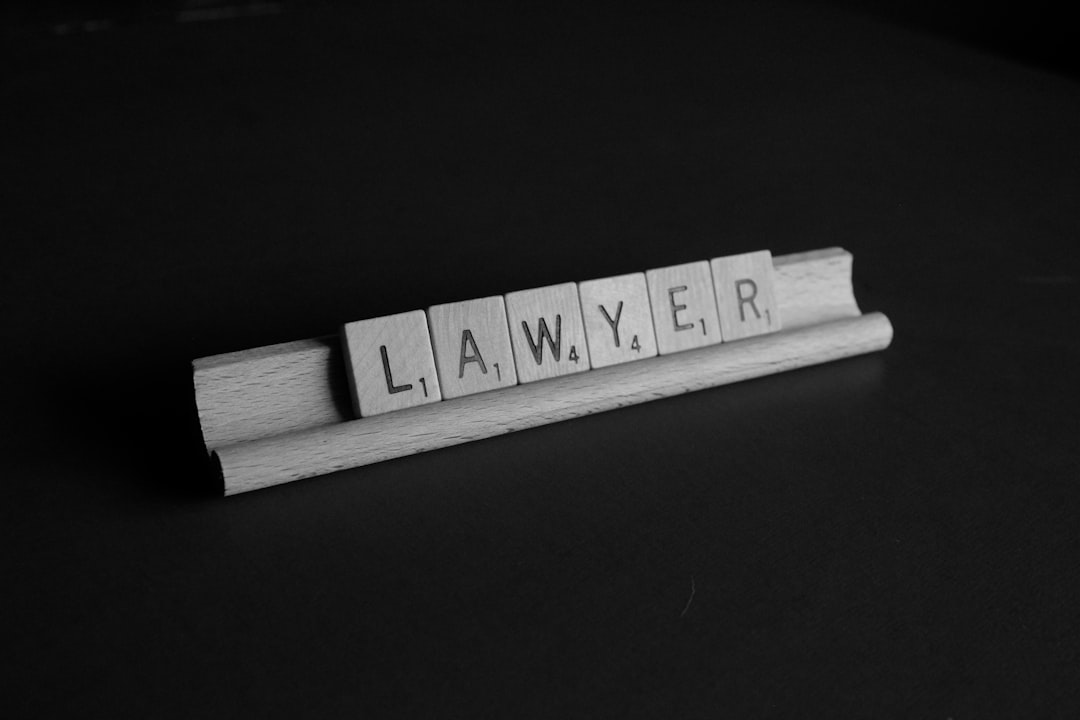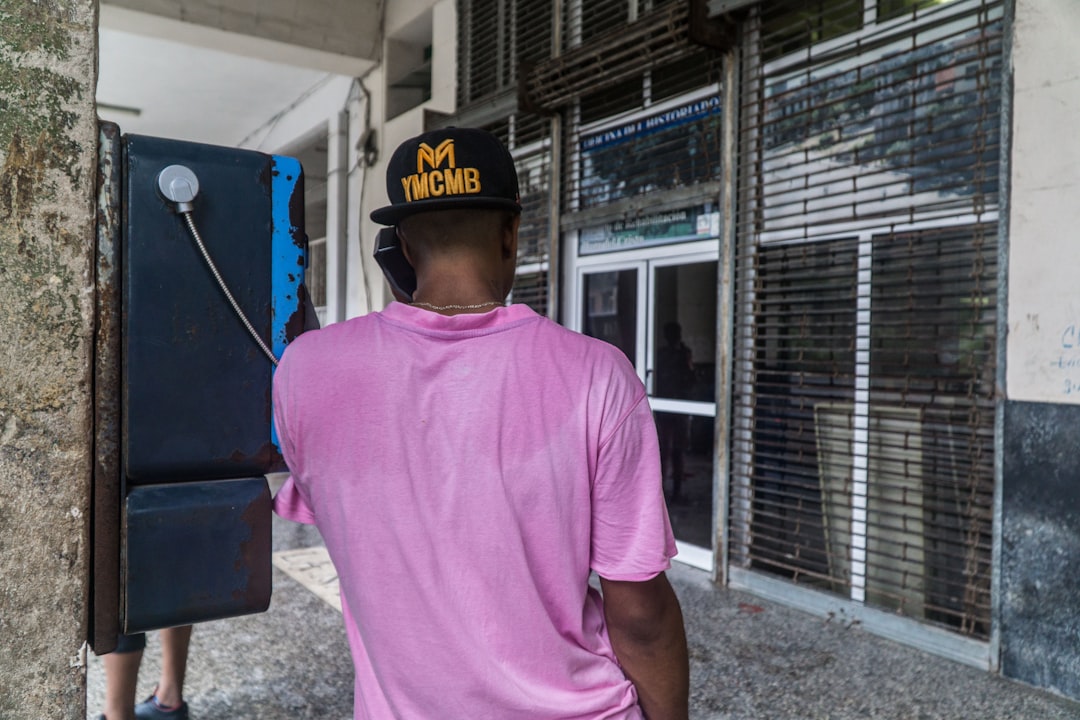Connecticut's strict telemarketing laws protect consumers from unwanted sales calls, including those from religious organizations. Religious groups may qualify for exemptions if they serve charitable, educational, or religious purposes and have a history of related solicitations. Registering on the state's "Do Not Call" list is crucial for individuals and organizations to avoid unwanted calls. Consulting Do Not Call Lawyers Connecticut ensures compliance with regulations and protects consumer privacy rights, while allowing religious groups to maintain their communication methods. Violations can lead to legal issues, so seeking expert guidance from these lawyers is advisable.
In Connecticut, religious organizations play a unique role in telemarketing regulations, enjoying specific exemptions that require understanding. This article guides you through Connecticut’s complex telemarketing laws and sheds light on how religious entities can navigate these rules effectively. We explore the eligibility criteria for exemptions, rights and responsibilities regarding Do Not Call lists, and the legal implications of violations. For those facing challenges or seeking clarity, understanding when to consult Do Not Call Lawyers Connecticut is vital, ensuring compliance with these intricate regulations.
Understanding Connecticut's Telemarketing Laws and Regulations

Connecticut has specific laws and regulations governing telemarketing practices, including restrictions on calls to individuals who have registered on the “Do Not Call” list. These rules are in place to protect consumers from unwanted and invasive sales or marketing calls. The state’s Do Not Call registry is a powerful tool for residents who wish to avoid such solicitations, especially from religious organizations.
Religious groups, like any other entities engaging in telemarketing, must adhere to Connecticut’s regulations. They are permitted to contact individuals on their lists, but there are strict guidelines they must follow. These include obtaining prior consent, providing a way for recipients to opt-out, and respecting the choices made by those who have opted out of receiving calls. For legal advice regarding Do Not Call laws in Connecticut, especially for religious organizations, it’s advisable to consult with local Do Not Call Lawyers Connecticut experts.
Religious Organizations: Exemptions and Eligibility Criteria

Religious organizations in Connecticut may qualify for specific telemarketing exemptions under certain conditions, offering them protection from certain Do Not Call laws. These exemptions are designed to respect and accommodate the unique communication needs of faith-based entities. To be eligible, religious groups must meet specific criteria, such as operating primarily for charitable, educational, or religious purposes. They should also have a documented history of engaging in solicitations or fundraising activities that fall within these categories.
The eligibility criteria often involve demonstrating that the organization’s primary function is to serve its congregation or community through religious worship, education, or charitable services. This can include churches, mosques, synagogues, and other places of worship, as well as related organizations involved in spreading their faith or providing support to their members. Understanding these exemptions is crucial for Do Not Call Lawyers Connecticut as they help ensure that religious institutions can continue their essential work without unnecessary legal barriers.
Navigating Do Not Call Lists: Rights and Responsibilities

In Connecticut, individuals and organizations have the right to opt-out of telemarketing calls by registering their numbers on the state’s Do Not Call list. This list is a powerful tool for residents to manage unwanted phone solicitations. However, navigating these regulations can be intricate, especially for religious organizations seeking to connect with their congregations or potential donors. Consulting with Do Not Call lawyers Connecticut experts is advisable to ensure compliance and protect the organization’s outreach efforts.
Religious groups must understand that even non-profit entities are subject to these laws. While they may have specific exemptions for fundraising activities, they should carefully review the guidelines to avoid inadvertently violating privacy rights. By ensuring their telemarketing practices align with state regulations, religious organizations can effectively communicate with their community without infringing on others’ Do Not Call preferences.
Legal Implications for Violations: When to Consult Do Not Call Lawyers Connecticut

In Connecticut, religious organizations enjoy certain telemarketing exemptions under state law. However, understanding and adhering to these regulations is crucial to avoid legal implications. If a religious group violates the Do Not Call Laws or misuses exemption rules, individuals or businesses affected by such actions may have legal recourse.
When violations occur, especially concerning unwanted calls or misrepresented information, consulting with experienced Do Not Call Lawyers Connecticut becomes advisable. These legal professionals can provide guidance tailored to Connecticut’s unique telemarketing regulations, helping organizations rectify issues and ensuring future compliance. They can also assist individuals in protecting their rights as consumers, offering solutions for damages incurred due to unauthorized calls or misleading marketing practices.






